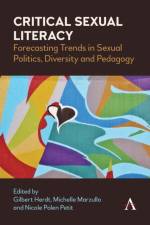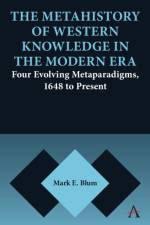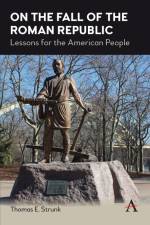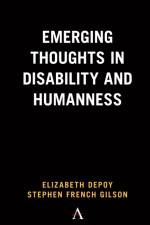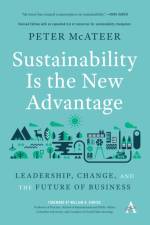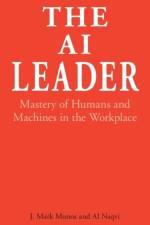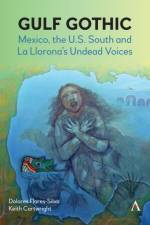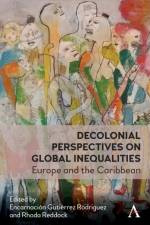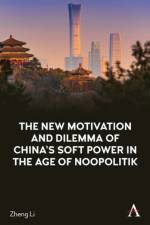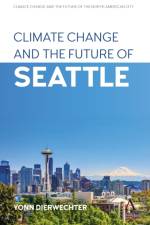von S. E. Gontarski
39,00 €
Writing the notes for the exhibition catalogue, Becoming Tennessee Williams, a centenary exhibit at the Harry Ransom Humanities Research Center at the University of Texas (1 February-31 July 2011), Professor and Exhibition Curator Charlotte Cannin noted of Williams's work that he "e;reinvented the American theater,"e; and that "e;There is no more influential 20th-century American playwright than Tennessee Williams."e; "e;He inspired future generations of writers,"e; she continues, "e;as diverse as Suzan-Lori Parks, Tony Kushner, David Mamet and John Waters, and his plays remain among the most produced in the world."e; Of A Streetcar Named Desire in particular, critic Philip C. Kolin has said that it is, "e;One of the most influential plays in the twentieth century."e; Kolin's comment is not restricted to the United States or even to the English-speaking world. A Streetcar Named Desire made an immediate and profound impact on a Europe devastated by World War II, as much of it emerged from beneath the heavy boots of fascism. For Europe, A Streetcar Named Desire was of a piece with liberation, with political liberation, with literary liberation into new forms of expression, and with sexual emancipation. A Streetcar Named Desire suggested for many a new and more open way to live, and offered for writers a set of new possibilities for their art. And while the more sensational Williams may have helped attract large theater and finally film audiences, his endurance as arguably the greatest and most enduring of American dramatists will rest on his language, on his poetic theater, for, after all, as Williams himself has said of his work "e;Treatment is everything in a play of this type."e;Tennessee Williams, T-shirt Modernism and the Refashionings of Theater refocuses the work of Tennessee Williams against the larger fabric of cultural change in the post-World War II era in which he came to prominence, an era in which the rate of cultural change accelerated unprecedentedly as the late 40s became the 50s, the 50s the 60s, the 60s the 70s, etc. into periods of fragmentation and dislocation, a cultural unmooring we now generally (if too loosely) call postmodern, or, more accurately, perhaps, late modern. The study engages the Williams we thought we knew, as he grew, developed, reconfigured himself into a playwright we didn't, in his attempts to refashion himself amid the vortices of changing sexual mores, including the performance of masculinities and the queering of theater, the struggle for a literate, literary theater, and the place of the theatrical experience in his contemporary culture.


